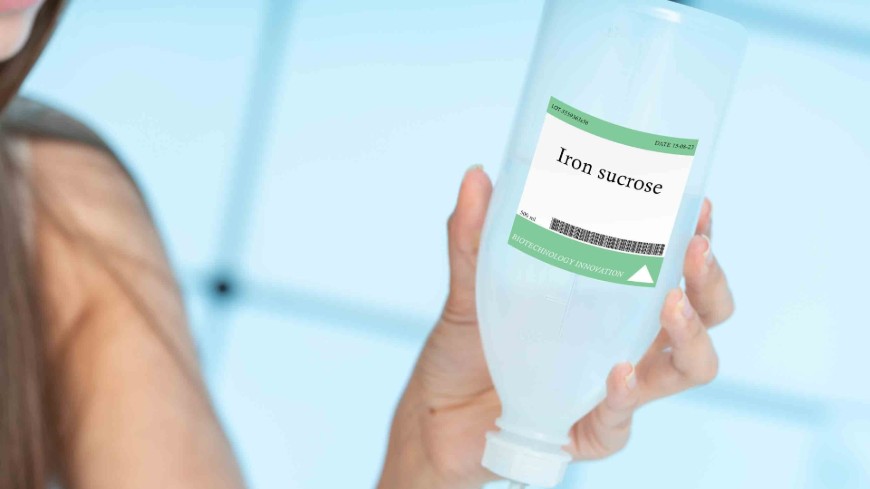The European Pharmacopoeia (Ph. Eur.) Nanomedicines Working Party (NANO WP) has published its first monograph, Iron Sucrose concentrated solution (2753), for public consultation. This is a major step forward for the group established in 2023 after the European Pharmacopoeia Commission agreed to intensify the work on standards for nanomedicines.
Iron sucrose is a complex nanomedicine used in the treatment of iron deficiency. Its characterisation poses unique analytical challenges, and the proposed new monograph reflects this complexity by introducing analytical techniques described for the first time in the Ph. Eur., such as particle size distribution by dynamic light scattering or reduction potential by polarography. The inclusion of such techniques represents a forward-looking approach to ensuring the quality and safety of nanomedicine products.
The EDQM and the NANO WP invite all stakeholders to review the monograph and provide feedback. Public consultation is a vital step in the development process, and contributions will help ensure the monograph is both scientifically robust and practically applicable.
In parallel, the NANO WP is actively working on new general texts and monographs, notably covering liposomal preparations and pegylated liposomal doxorubicin hydrochloride concentrate for infusion. These efforts aim to further expand the Ph. Eur.’s coverage of complex nanomedicines and to support the safe and effective use of nanomedicines through harmonised quality standards.
The monograph on Iron sucrose concentrated solution is now available for comment in Pharmeuropa 37.3. Comments from the public may be sent to their national pharmacopoeia authority or the EDQM until 30 September 2025.




